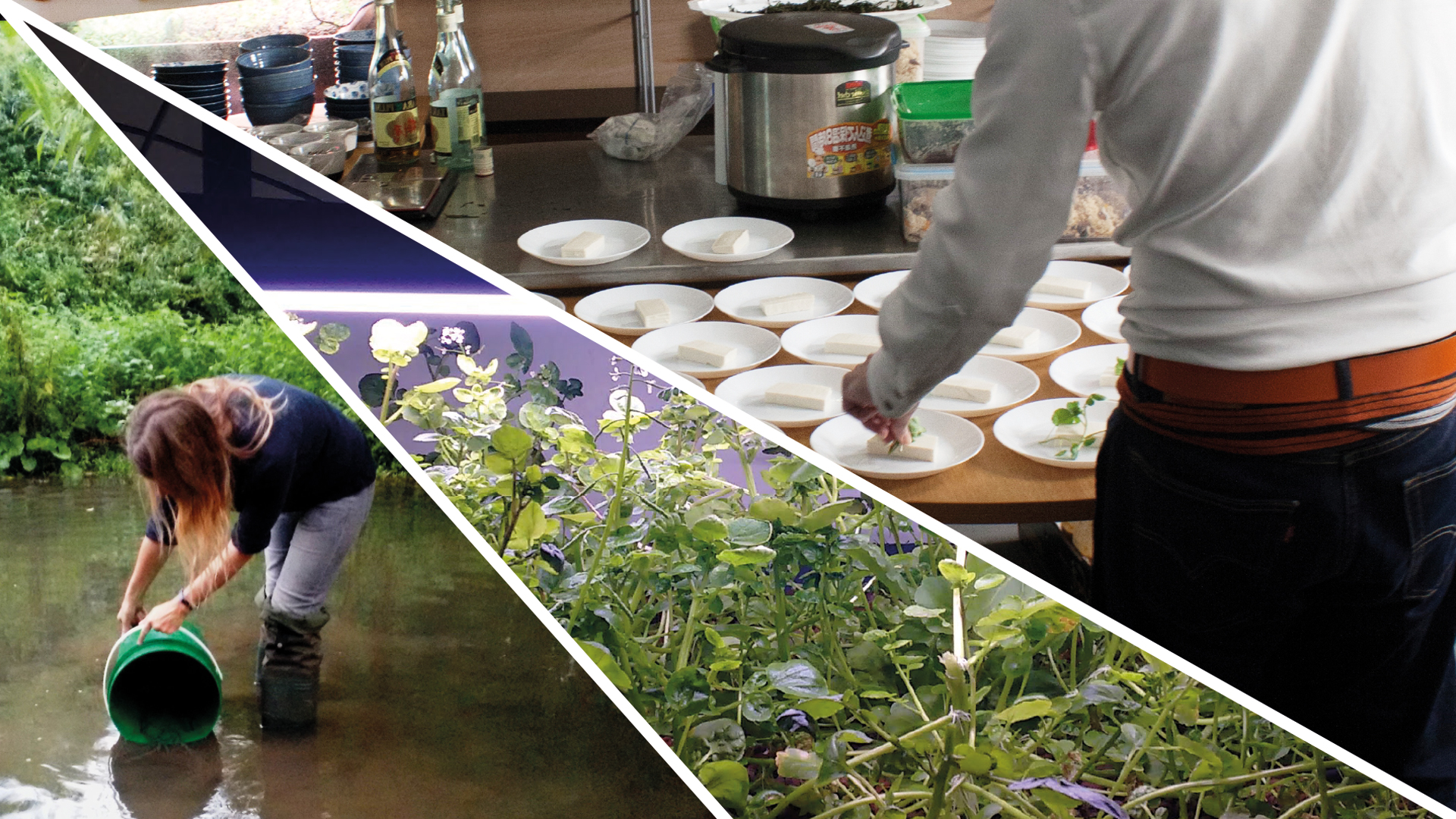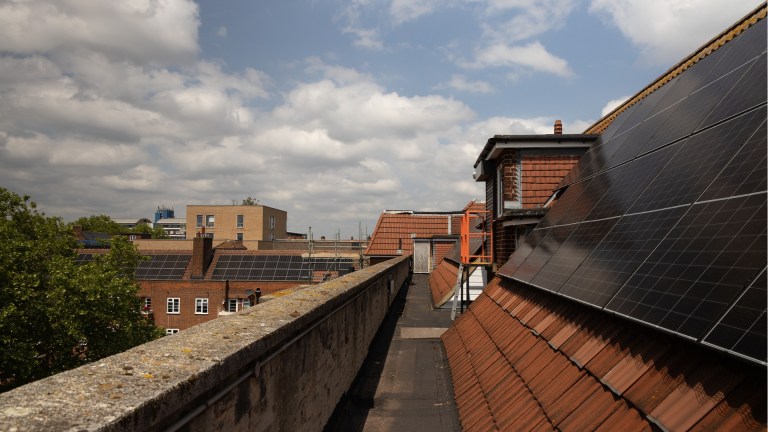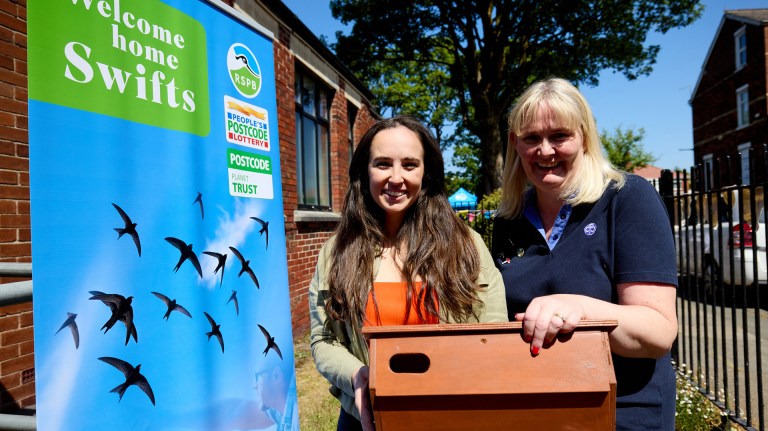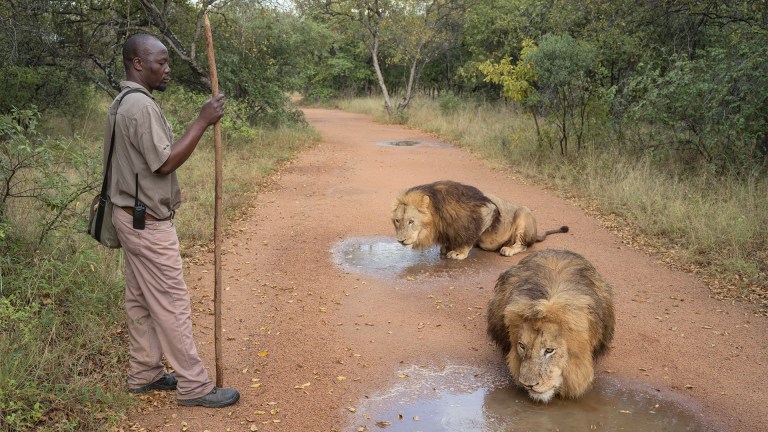“We can grow food for money, or we can grow food for people,” says Alice-Marie Archer, founder of Bristol Fish Project. “We need to figure out the line between the two.”
A Community Interest Company (CIC), the project was founded in 2011, when Archer sought a solution to the challenges of increasing urban waste. Dismayed by the repercussions of the corporate agriculture systems, she saw that aquaponics could be used to not only recycle waste to grow food sustainably, but also help conservation efforts and a disadvantaged community.
What, you might well ask, is aquaponics. Archer explains: “Aquaponics is the symbiotic growing of fish and plants, usually in a recirculating water-based system and typically without soil.”
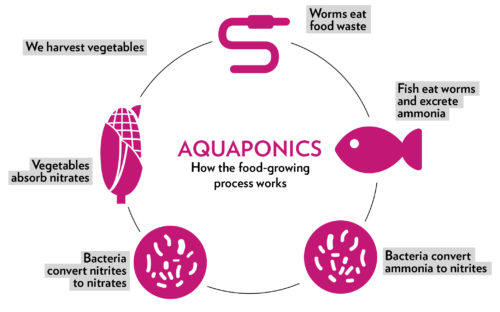
To you and I, it’s about ensuring absolutely nothing goes to waste. The technique turns urban food waste into food for fish, and their waste feeds watercress plants. The plants, which naturally filter water for reuse, can be cultivated and eaten.
The way we consume and grow food is changing ever faster, says Archer. “Conventional agriculture and its business model are failing across lots of fronts, and we know we’re in a transition towards a different food system.
“We need to find ways to grow food that are sustainable and hydroponics and aquaponics have proven they’re more sustainable in terms of water, in terms of waste and there’s also that benefit of growing food near its consumers.”
